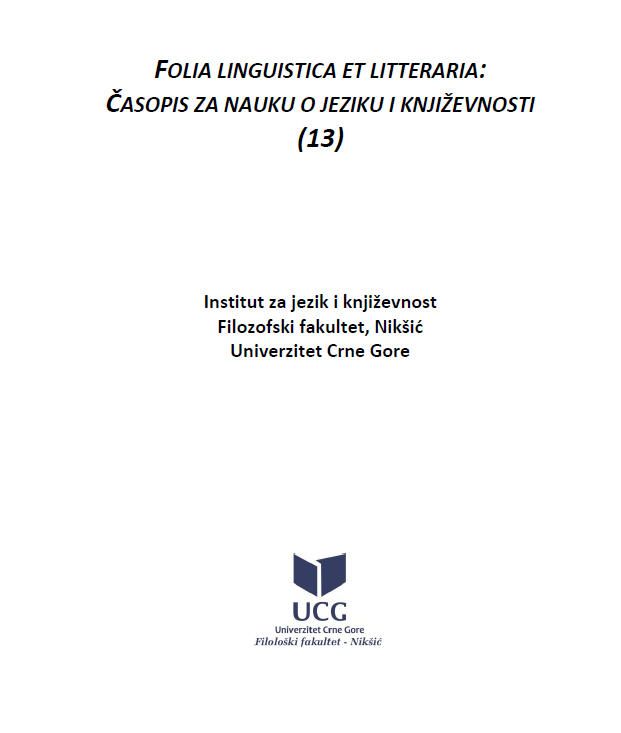NAME AS A POWERFUL MEANS OF FORMING IDENTITY IN JHUMPA LAHIRI’S THE NAMESAKE
NAME AS A POWERFUL MEANS OF FORMING IDENTITY IN JHUMPA LAHIRI’S THE NAMESAKE
Author(s): Sanja ČukićSubject(s): Theory of Literature, Politics and Identity, American Literature
Published by: Filološki fakultet, Nikšić
Keywords: Jhumpa Lahiri; The Namesake; name; identity; otherness; culture; cultural alienation;
Summary/Abstract: As an outstanding writer of short stories, Lahiri has explored various issues concerning immigrants of an Indian background and their lives in America, highlighting their sense of isolation and alienation living far away from their homeland. In the same respect, Lahiri’s first novel The Namesake deals with the similar themes and examines what being a stranger in a foreign land means. The central character of the novel is Gogol, a young man from a Bengali family born in America, who was named after a famous writer by his father. Growing up, Gogol gradually realizes how different he is from his peers, not only in respect of a culture, but in respect of a name. In the first part of the novel, Gogol’s name functions as a symbol of cultural displacement and identity confusion of the cross-cultural protagonist, which results in his changing it. On the other hand, after the death of Gogol’s father, his name is a means of reinstating and reevaluating his Indian heritage and identity. Moreover, it helps him finally understand his father and cherish the memory of him. With respect to all mentioned above, the purpose of this paper is to explore the ways in which the name of the main protagonist empowers him to find the key answer to the question of his identity.
Journal: Folia Linguistica et Litteraria
- Issue Year: 2015
- Issue No: 13
- Page Range: 113-124
- Page Count: 12
- Language: English

